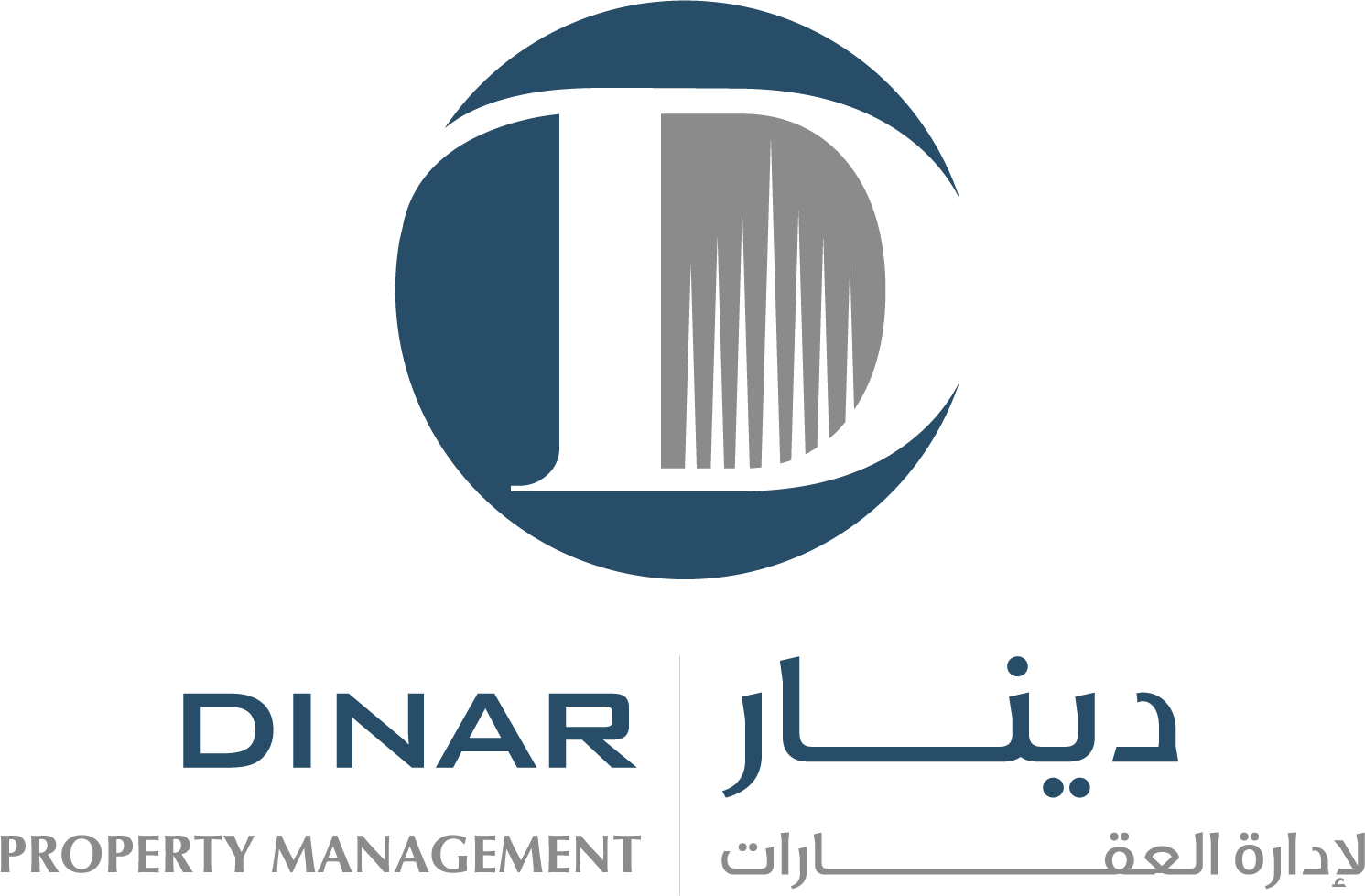belllavender94
About belllavender94
National Training Council – Marshall Islands
RMI Education and Skills Strengthening Project
The Government of the Republic of Marshall Islands has gotten funding from the World Bank for the Education and Skills Strengthening Project (ESSP) cost. It means to apply part of the proceeds for seeking advice from services.
The consulting services (”the Services”) will assist the Project Manager and the RMI National Training Council in implementing the World Bank-funded project successfully.
The assignment will concentrate on supporting the Project Implementation Unit (PIU) in producing a framework for Recognition of Prior Learning (RPL) for TVET, focused on assisting the College of the Marshall Islands and the RMI National Training Council evaluate and enhance the skills of workers through recognized college accreditation.
The in-depth Terms of Reference (TOR) for the assignment are shown in the connected Terms of Reference (ToR).
The National Training Council now invites eligible individuals (”Consultants”) to indicate their interest in offering the Services. Interested Consultants should offer info showing that they have the required certifications and pertinent experience to perform the Services (attach a Cover Letter of no greater than four (4) pages resolving the compulsory experience and qualification requirements curriculum vitae with a description of experience in similar projects, similar conditions, and so on). Firms’ personnel may express interest through the using firm for the assignment. In such a scenario, only the experience and qualifications of people shall be considered in the selection process. The requirements for electing the Consultant are: A.
Mandatory Qualifications and Experience Master’s degree in education, training
, management, or a related field. Minimum of 5-10 years of experience working in TVET System. Curriculum Design and Systems.
Possess 2-5 years’ experience creating and
implementing RPL. structures, policies, and procedures. A sample of previous work will be required as proof of previous experience. Exceptional interaction, training, and assistance
abilities. Experience with working with varied stakeholders, including federal government. firms, TVET organizations, companies, and learners in the Pacific. B. Desired Qualifications and Experience Capability to deal sensitively in a multicultural
environment and build effective team relationships with clients and appropriate stakeholders. The attention of interested Consultants (consisting of companies )is drawn to paragraphs 3.14, 3.16 and 3.17 of the World Bank’s”
Procurement Regulations for IPF Borrowers ”July 2016 revised November 2020” Procurement Regulations ”, setting forth the World Bank’s policy on dispute of interest. Further information can be obtained at the address listed below throughout office hours, 0900 to 1700 local time. Expressions of interest should be
provided in a written kind to the address below (personally or by e-mail )by 5:00 pm, 23rd December 2024.
The subject line ought to state:”National Training Council Strategic Plan Consultant -complete name of the prospect”. Julius Lucky Director National Training Council!.?.!ntcdr@ntcinfo.org:Phone: 692 625-4521 Empowering Community Champions for Sustainable Development in RMI Gender Equality, Climate Resilience and Water Safety Training Majuro,
Republic of the Marshall Islands: The 4th
Women and Youth Training for
Gender Equality, Climate Change, Disaster Risk Reduction and Water Safety Management has actually just recently taken place at the University of the South Pacific’s campus in Majuro, the Republic of the Marshall Islands(RMI ). This vital training was organized by the United Nations Development Programme( UNDP )Pacific Office through the Addressing Climate Vulnerability in the Water Sector(ACWA) job. The week-long capacity-building training intended to empower women and youth with the knowledge and practices needed for climate-resilient water security management in the
Republic of the Marshall Islands(rmi national training council ). This training enhances a commitment to improving rmi national training council’s water security and neighborhood resilience against environment modification effects, specifically females
and youth, making sure that no one is left. The training welcomed participants from all 24 atolls and featured resource speakers from federal government companies, non-governmental organizations, and worldwide development partners from the RMI Environmental Protection Authority, Climate Change Directorate, Office of the Chief Secretary, Ministry of Culture and Internal Affairs, National Disaster Management Office, rmimof.com Women United Together Marshall Islands, RMI Human Trafficking Task Force, Waan Aelõñ in Majel, Jo-Jikum, and the International Organization for Migration. In her opening remarks, Secretary for the Ministry of Culture and Internal Affairs, Brenda Alik, highlighted the significance of cumulative action in constructing a climate-resilient nation.”It is our responsibility to come together and work together. As we face the challenges presented by environment change, understanding its effect on our water resources is vital for enhancing the wellness of communities throughout the Marshall Islands,”she said.
rmi national training council Environmental Protection Authority General Manager Moriana Philip highlighted in her speech the important role of ladies and youth in dealing with climate-related difficulties.”This workshop unites us from different neighborhoods to deal with the pressing concerns we deal with today, consisting of climate-related difficulties, particularly on our water resources.”We wish to stress the important function of women and youth in this project as your involvement contributes to its success and beyond, ”she said.
The first day of the workshop covered critical issues related to gender equality, human rights, and public health within the Marshall Islands. It consisted of discussions on gender equality and mainstreaming, concentrating on the effects of climate change on water security and the disproportionate results on vulnerable groups. The value of incorporating gender equality and social inclusion into all job elements was also discussed. Human rights and human trafficking were tackled, stressing the requirement for thorough protection of susceptible populations
during emergencies. Additionally, the workshop attended to gender-based violence, highlighting the different kinds that can arise in disaster situations, such as domestic violence and sexual browbeating. The agenda concluded with a concentrate on sanitation and health and their crucial role in health, incomes, school presence, dignity, and structure durable communities. ACWA Project Manager Koji Kumamaru expressed his thankfulness to all participants
, stressing the significance of their contributions to their communities.”Women and youth are crucial to the success of the ACWA job. More significantly, you are the champions and future leaders who will return to your neighborhoods to empower others,”he stated. Throughout the workshop, participants checked out Rongrong Island and took a look at the 15,000-gallon Flatpack Modular water tank installed at the Rongrong High School Boys Dormitory as part of the ACWA task. The installation is a crucial part of the task, matched by support from Australia
’s Department of Foreign Affairs and Trade. The check out functioned as a valuable firsthand experience of the favorable effect of the ACWA job on the community and its
water resources. Marie Naisher from Jabat Island expressed her appreciation for the opportunity to sign up with the workshop and made clear her desire to be part of the project when it reaches Jabat.
”This was my first time taking part in such training, and I learned a lot from the guest speakers, group activities, and the site see. I now comprehend the value of tidy water and how to sterilize it. I’m thrilled about the ACWA task concerning Jabat and all set to assist when it arrives,”she said. Don Kobney, an ACWA site organizer from Santo, Kwajalein, likewise shared his enjoyment.”The workshop and website check out increased my confidence and understanding of the water tank setup.
Seeing the 15,000-gallon flatpack modular water tank firsthand gave me a clear understanding of the system, and I’m looking forward to sharing this understanding with my neighborhood, ”he stated. By the workshop’s end, individuals were much better equipped to understand climate modification and its regional impacts, drive adaptation and mitigation efforts, especially in water security, and use new resources to impact their communities favorably. ACWA is made possible thanks to the assistance of the Green Climate
Fund, with the job co-financed by the Government of the Republic of the Marshall Islands
. The Marshall Islands: Skills Training and Vocational Education Project Examines the performance of the task and highlights lessons. Provides inputs to two broader assessments- the local examination of ADB assistance for the Pacific and the unique assessment study on Millennium Development Goals. The low instructional attainment and scarcity of Marshallese skilled workers were mostly due to the low quality of standard education, absence of access to education in the outer islands, and weak points in abilities training and the vocational and technical education system.
These supported an economy marked by high unemployment because of constrained economic sector development and government downsizing. Unemployment was specifically high among the youth and women in the outer islands. Appropriate local experienced workers for existing job vacancies
were not available, for this reason the importation of appropriately proficient foreign employees. Hence, there was an inequality in between available tasks and abilities of the Marshallese labour force. These conditions supplied the effort for the Government
of the Marshall Islands to prioritize technical and trade education training reforms. In 2000, ADB approved a loan for $9.1 million to improve abilities training to provide trained workers needed for continual financial and social development. This was to be attained through an integrated nationwide skills training system. The job consisted of 4 elements: advancement of a career awareness program, abilities training enhancement, boosted skills training chances for females and youth, and institutional fortifying. The anticipated outcome was increased income-generating opportunities and work for trainees, specifically females and youth in the outer islands. In general, the task was ranked unsuccessful. Restricted development was attained in making the project responsive to the requirements of its recipients and private-sector companies. The long-standing weakness of poor numeracy and literacy competencies
amongst public elementary and secondary school graduates and dropouts entering college or participating in voc-tech education could be partly attributed to the poor quality of standard education. The project was supply-driven and could not develop a strong linkage with private sector requirements or align its activities with the requirements of the labour market. The status of the technical and vocational education training system has remained basically the same after project conclusion. The research study put forward that ADB might motivate the Government of the Marshall Islands, through assessment and policy discussion, to follow through on the federal government’s
dedication to developing a dedicated labour information system to connect technical and professional education training program offerings with industry demand. Although the project set up a labour market details system, in the absence of internal staff capability at the National Training Council, it was not completely operational.
No listing found.

